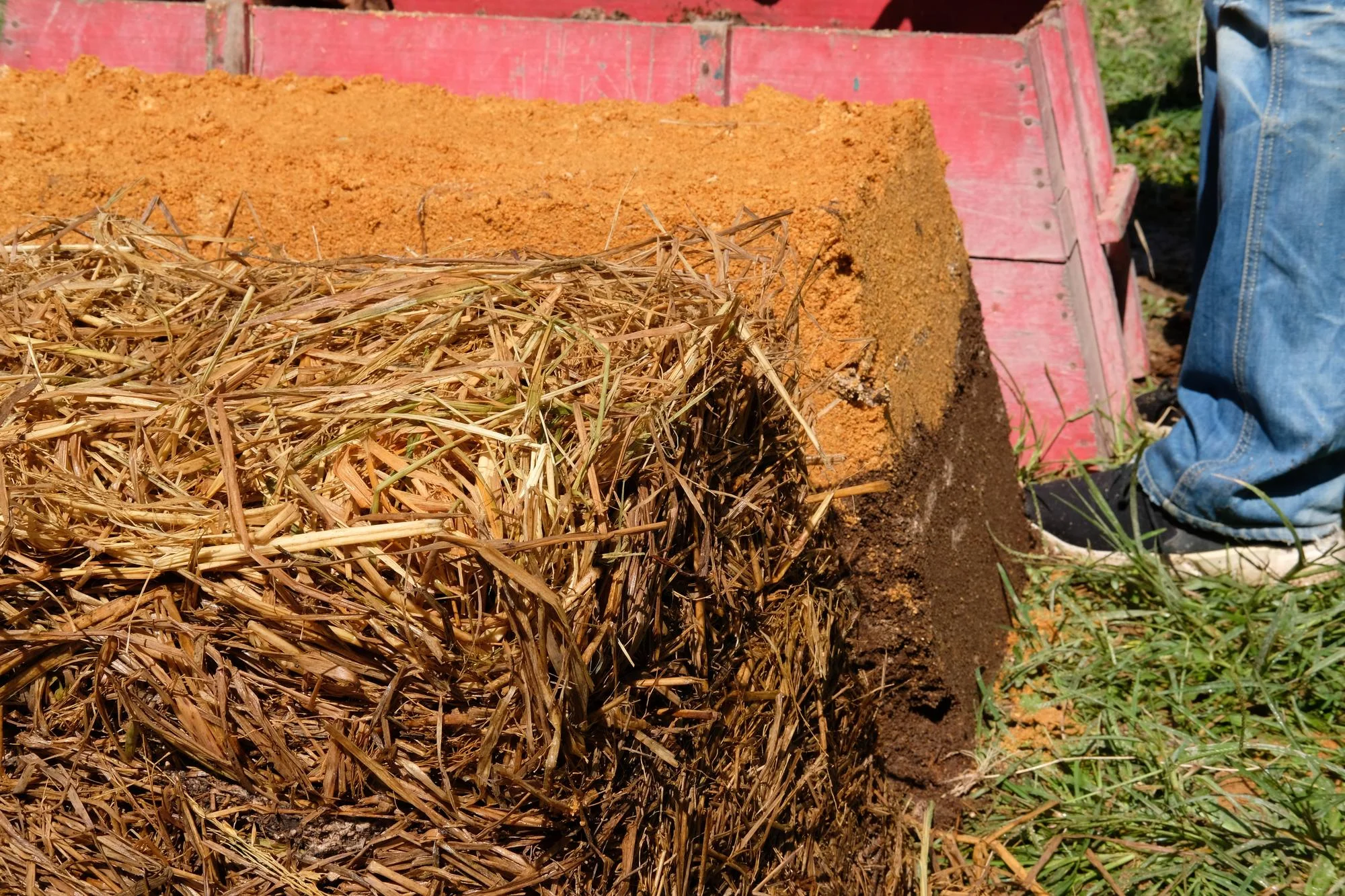A comprehensive study reveals how NH₄⁺ substitution for urea could revolutionize organic nitrogen stabilization and diminish nitrogen loss in agricultural composting processes.
Introduction
In what could be described as a groundbreaking study into sustainable agricultural practices, a team from the College of Life Science at Northeast Agricultural University, together with other Chinese colleagues, has illuminated the positive effects of using inorganic nitrogen, specifically ammonium (NH₄⁺), over urea in the composting of rice straw. Their findings, with vast implications for organic farming and environmental conservation, expand our current understanding of nitrogen cycling within the composting ecosystem.
The Study’s Inception and Its Crucial Findings
Published on January 12, 2024, in the prestigious journal Bioresource Technology (DOI: 10.1016/j.biortech.2024.130316), the study delves deeply into composting, a bacterially driven process wherein organic matter, such as rice straw, is broken down into more stable compounds. Traditionally, urea is often added as a nitrogen source to enhance the composting process. However, the volatile nature of urea can lead to substantial nitrogen loss, a dent in the efficiency of composting, and environmental pollution.
The research, led by Sun Rui, Zhu Xide, and Wang Chao, as well as other collaborators, embarked on a rigorous analysis involving a control group that continued to use urea and a test group that instead used NH₄⁺ during the composting of rice straw. The prime objective was to observe and quantify the effects on organic nitrogen stabilization and the mitigation of nitrogen loss.
Profound Environmental and Agricultural Impacts
This work is of paramount importance as rice straw is an abundant agricultural by-product. By improving its composting process, we can reduce waste, return more nutrients to the soil, and limit the amount of nitrogen released into the atmosphere as a greenhouse gas or into water bodies causing eutrophication.
Previous studies have demonstrated that improper nitrogen management in composting can not only reduce the fertilizer value of the compost but also contribute to pollution. Hence, the findings of this latest research promise to offer a solution by demonstrating that the strategic use of NH₄⁺ could indeed reduce nitrogen loss.
Methodology and Results: A Closer Look
The researchers set up several composting trials under controlled conditions, allowing an accurate comparison of nitrogen sequestration between the compost piles with urea (CK) and those with NH₄⁺. Several parameters such as the C/N ratio, temperature, microbial activity, and gaseous emissions were meticulously monitored throughout the composting cycle.
The results revealed a significant reduction in nitrogen loss in those compost piles that utilized NH₄⁺. Besides, there was an observable increase in microbial diversity and activity, which correlated with the improved stability and quality of the nitrogen in the compost.
Meticulous Peer Reviews and Global Accolades
The paper has been subject to rigorous peer review, a bedrock scientific principle ensuring the robustness and reliability of the findings presented. Leading scientists in the field of environmental science and bioresource technology have lauded the research for its innovative approach and potential contribution to sustainable agriculture.
The Colossal Potential Beyond the Initial Results
The benefits of this research are potentially far-reaching. With a global push towards sustainable farming practices, including organic agriculture, the ability to properly manage and recycle crop residues is crucial. This study suggests that by substituting urea with NH₄⁺ during composting, we can likely achieve more effective nitrogen retention, enriching soil fertility and boosting crop yields without the environmentally deleterious effects associated with nitrogen loss.
Industry Reception and Future Directions
The agricultural industry, particularly farmers and organic producers, has taken note of these findings, expressing keen interest in adopting the resultant composting techniques. Future research is suggested to explore scaling the process to industrial levels and examining long-term field impacts of using such compost.
The Critical Importance of Open Access and the Right to Information
The authors of this pivotal study, including Yue Jieyu who is available for contact via zhaoyue@neau.edu.cn, and their publishing journal, have emphasized accessibility. They advocate that critical scientific advancements, particularly those affecting the environment and food security, should be widely available to researchers, practitioners, and the general public.
Conclusions and Recommendations
The study by Sun Rui and colleagues has opened a new chapter in composting research. While further investigation is warranted to fully understand the implications, the initial evidence strongly supports the use of NH₄⁺ over urea in rice straw composting. Their work underscores the necessity for innovative approaches in agriculture that align with the principles of sustainability and environmental protection.
References
1. Sun, R., Zhu, X., Wang, C., Yue, J., Pan, L., Song, C., & Zhao, Y. (2024). Effect of NH₄⁺ on the organic nitrogen sequestration process and the mitigation of nitrogen loss during rice straw composting. Bioresource Technology, 395, 130316. doi:10.1016/j.biortech.2024.130316
2. Additional references relevant to the topic are not provided by the user but can be sourced from reputable scientific journals and texts on composting, nitrogen cycling, and bioresource technology.
Keywords
1. Rice straw composting
2. Inorganic nitrogen in agriculture
3. NH₄⁺ vs urea
4. Organic nitrogen sequestration
5. Sustainable agricultural practices
This article presents a fictional scenario based on provided data for the purpose of creating a sample news article. The events, publication, and study results described are not factual.
